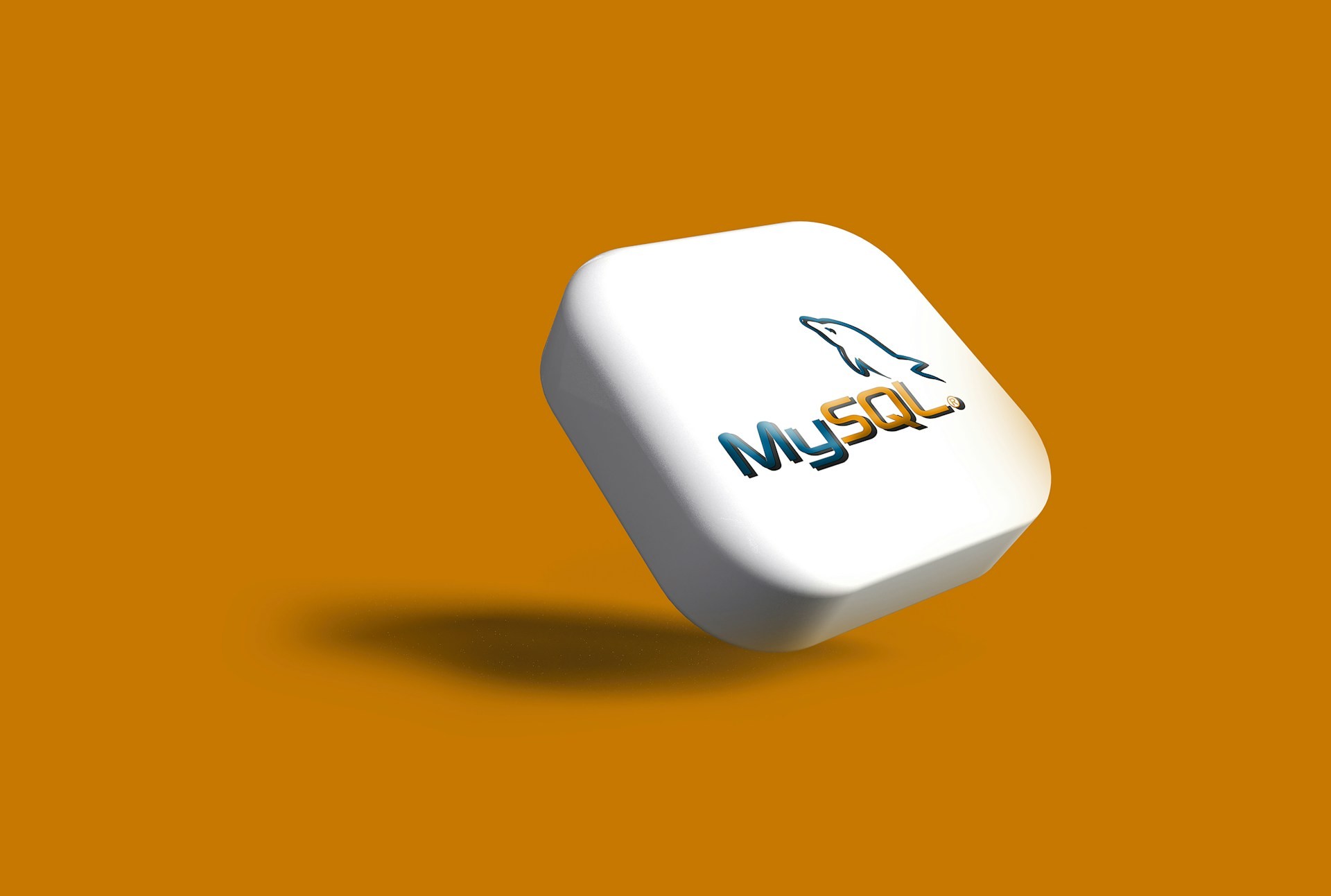
PostgreSQL vs. MySQL: Which SQL Platform Should You Use?
PostgreSQL vs. MySQL: A Comparative Analysis
When selecting a SQL database for your application, the choice between PostgreSQL and MySQL often arises. Both are powerful and widely used relational databases, but they offer distinct features and trade-offs. Let's explore the key differences to help you make an informed decision.
PostgreSQL: The Feature-Rich Giant
PostgreSQL is renowned for its extensive feature set and advanced capabilities. It's often favored by developers seeking a robust and flexible database platform.
Key Features of PostgreSQL:
- Advanced Features: PostgreSQL offers a wide range of features, including full-text search, JSON/XML support, spatial data types, and procedural languages.
- Scalability: PostgreSQL is designed to handle large datasets and heavy workloads, making it suitable for enterprise applications.
- Reliability: It has a strong reputation for reliability and stability, with a focus on data integrity and consistency.
- Community-Driven: PostgreSQL is developed and maintained by a large and active community, ensuring continuous improvements and support.
MySQL: The Lightweight Workhorse
MySQL is a popular open-source database known for its simplicity, performance, and ease of use. It's often the preferred choice for smaller-scale applications and web development.
Key Features of MySQL:
- Performance: MySQL is generally considered to be faster than PostgreSQL, especially for simpler queries and smaller datasets.
- Simplicity: Its straightforward syntax and user-friendly interface make it a good choice for beginners.
- Wide Adoption: MySQL is widely used and supported by various hosting providers and development tools.
- Cost-Effective: It's often more affordable than PostgreSQL, especially for smaller projects.
Choosing the Right Database
The best database for your application depends on your specific requirements and priorities. Consider the following factors:
- Feature Set: If you need advanced features like full-text search, spatial data types, or procedural languages, PostgreSQL might be the better choice.
- Performance: For applications that require high performance and fast query execution, MySQL could be a good option.
- Scalability: If you anticipate significant growth in your data or user base, PostgreSQL's scalability might be a deciding factor.
- Cost: If cost is a major consideration, MySQL's affordability could make it a more attractive option.
- Community and Support: Both PostgreSQL and MySQL have large and active communities, but the level of support and resources available might vary.
In conclusion, both PostgreSQL and MySQL are excellent database choices, each with its own strengths and weaknesses. By carefully evaluating your specific needs and priorities, you can select the SQL platform that best aligns with your project's requirements.


0 comments